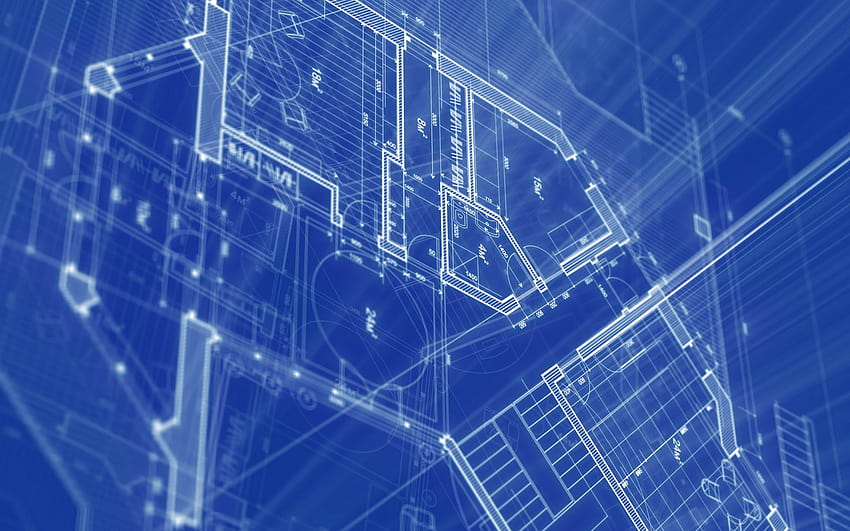Climate Control Chronicles: Mastering Your Heating and Air Conditioning
Climate Control Chronicles: Mastering Your Heating and Air Conditioning
Blog Article

In today's fast-paced world, maintaining a comfortable indoor environment has become more crucial than ever. As the seasons change, the interplay between heating and air conditioning systems plays a significant role in our daily lives, influencing everything from our productivity to our overall well-being. Understanding how these systems work and how to optimize them can not only enhance your comfort but also lead to significant energy savings.
ApexHeatAndAC Reviews for Heating Services
Whether you are facing the chill of winter or the heat of summer, mastering your heating and air conditioning can transform your living space into a haven. From choosing the right system for your home to implementing smart technology for efficiency, the journey toward perfect climate control is one worth exploring. Join us as we delve into the essentials of heating and air conditioning, uncovering tips and tricks to help you achieve the ideal indoor climate year-round.
Understanding HVAC Systems
Heating and air conditioning systems, commonly referred to as HVAC systems, are crucial for maintaining comfort in residential and commercial spaces. HVAC stands for heating, ventilation, and air conditioning, which collectively ensure that indoor environments are conducive to health and well-being. These systems regulate temperature, humidity, and air quality, making them essential for living and working conditions.
There are several types of HVAC systems available, including central systems, ductless mini-split systems, and window units. Central heating and air conditioning systems typically use a network of ducts to distribute conditioned air throughout a building. Ductless systems provide flexibility, allowing individuals to control temperatures in different zones without a ductwork system. Understanding the benefits and limitations of each type can help homeowners choose the most suitable option for their needs.
Regular maintenance of heating and air conditioning systems is vital for optimal performance and energy efficiency. This includes changing filters, cleaning coils, and checking for leaks. Neglecting maintenance can lead to increased energy costs and reduced lifespan of the equipment. By investing time in proper care, users can enhance the efficiency of their HVAC systems and ensure they enjoy a comfortable environment year-round.
Energy Efficiency Tips
One of the most effective ways to boost energy efficiency in your heating and air conditioning systems is by ensuring regular maintenance. This includes changing filters regularly to keep airflow unobstructed and having a professional inspect and tune the system annually. A well-maintained unit runs more efficiently, uses less energy, and lasts longer, saving you both money and hassle in the long run.
Another important tip is to utilize programmable thermostats. These devices allow you to set specific temperatures for different times of the day, which means you can adjust your heating and cooling based on your schedule. By lowering the temperature when you are away from home or at night, you can save a significant amount of energy. This adjustment not only helps reduce energy bills but also decreases wear and tear on your system.
Finally, consider enhancing your home’s insulation and sealing any drafts around windows and doors. Proper insulation helps maintain the desired temperature in your home, reducing the workload on your heating and air conditioning systems. Sealing gaps can prevent warm or cool air from escaping, leading to better overall comfort and increased energy savings. Implementing these strategies can significantly improve the efficiency of your HVAC system.
Maintenance and Troubleshooting
Proper maintenance of your heating and air conditioning systems is essential for optimal performance and longevity. Regularly replacing or cleaning filters can prevent dust and debris buildup, which can hinder airflow and efficiency. It is advisable to check filters every month and change them every 1 to 3 months, depending on usage and the type of filter. Additionally, scheduling annual professional inspections can uncover potential issues before they become major problems, ensuring your system operates smoothly throughout the year.
When troubleshooting heating and air conditioning units, start with the basics. If your system is not heating or cooling effectively, check the thermostat settings and ensure it is set to the desired temperature. Look for any tripped circuit breakers or blown fuses, as these can easily disrupt power to your unit. If the system is running but not performing well, inspect the vents for obstructions and ensure all are open and clear. Sometimes, a simple reset can resolve many minor issues.
If problems persist despite basic checks, it may be time to call in a professional. Common issues such as refrigerant leaks, unusual noises, or frequent cycling can indicate more serious malfunctions that require expert attention. Keeping a detailed log of your system's performance and any irregularities will help technicians diagnose problems quickly. Regular maintenance, combined with prompt troubleshooting, can help you avoid costly repairs and ensure your heating and air conditioning systems remain efficient year-round.
Report this page